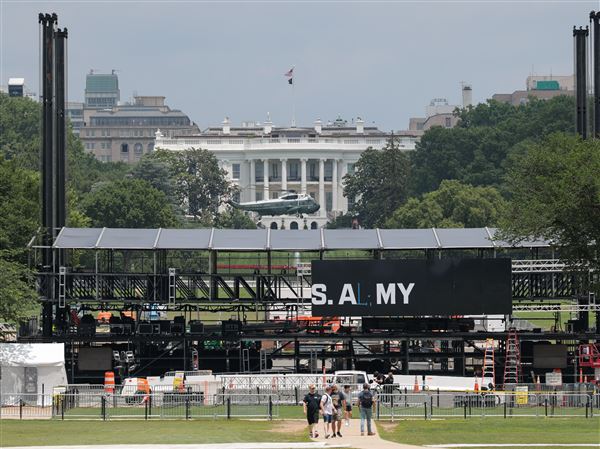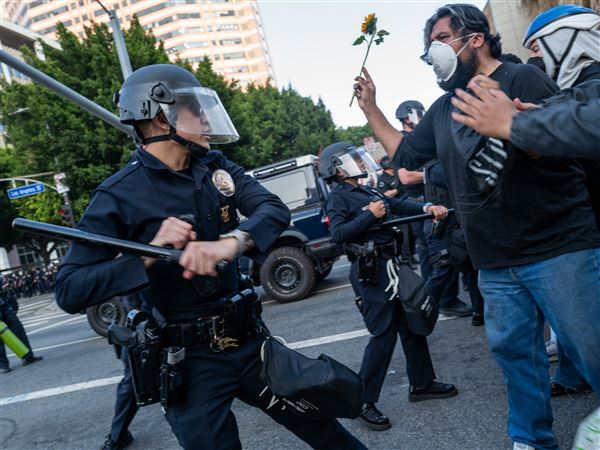BEIRUT, Lebanon -- Syria said Monday that it would agree to allow an Arab mission of military and civilian observers into the country as part of an Arab League proposal to end months of bloodshed there, but it attached a number of conditions, among them the cancellation of economic sanctions decreed by the league.
The Arab League secretary general, Nabil al-Araby, said that he had received a letter from Foreign Minister Walid al-Moallem of Syria detailing the new conditions and that Arab officials were studying them. But he suggested that the offer would provide no breakthrough in the diplomatic dispute between Syria and its Arab brethren over the Syrian conflict, now in its ninth month.
"The conditions contained new elements that we have not heard before," Mr. Araby told reporters in Cairo. He added that even if Syria agreed to let the monitors in, the league would not immediately revoke its measures. "These sanctions are in force until another decision is adopted by the Arab foreign ministers," he said.
Since the beginning, Syria has sought to negotiate the league's proposal to send as many as 500 monitors, conditionally agreeing, but then seeking amendments to a plan that Syrian officials had said would undermine the government's sovereignty.
A Foreign Ministry spokesman said Monday that Mr. Moallem had sought small changes unrelated to the substance of the plan as well as more clarifications, including the nationalities and names of the observers. His position suggested that the amendments were more minor than Mr. Araby had implied.
"The protocol is intended to be signed soon," the spokesman, Jihad al-Makdesi, told reporters in Damascus. "The Syrian government has responded positively to the draft protocol. I am optimistic, although I await the Arab League response first."
Even if Syria agrees to monitors, it is unclear how assertive they could be.
"I highly doubt that they will let observers in, and if they do, they are going to be taken to places were there are supporters," said a 32-year-old resident of Damascus who gave her name as Samah. "They are just buying time."
The Arab League has repeatedly extended deadlines in its efforts to mediate the Syrian conflict, the greatest challenge to President Bashar al-Assad's rule. Syria agreed on Nov. 2 to a league-brokered plan to end the crackdown and begin negotiations. But in following days, little changed on the ground, and the league suspended Syria's membership last month. The step was especially symbolic given Syria's sense of itself as an axis of Arab politics and regional diplomacy.
The league increased pressure on Syria on Nov. 27, when it imposed sweeping sanctions that included banning senior Syrian officials from traveling to other Arab countries, freezing Syrian assets in Arab countries and halting financial operations with major Syrian banks, including the central bank.
Those steps came amid more sanctions imposed by the United States, the European Union and Turkey, all targeting a faltering Syrian economy that many diplomats in the region and in the West view as Mr. Assad's greatest vulnerability.
Despite the pressure, the crackdown has continued, along with growing signs of an armed insurgency and worsening sectarian tensions. The United Nations said in a report last week that more than 4,000 people had been killed in the crackdown since mid-March and that at least 14,000 had been detained. It also said there is evidence that Syrian military and security forces have committed crimes against humanity, including the torture, rape and killing of Syrians, among them minors.
At least 63 people were killed across the country over the weekend, according to Syrian human rights groups. One of those groups, the Syrian Observatory for Human Rights, said that seven people died on Monday in renewed violence. It also said that four members of Syria's security forces, including an officer, were killed in the southern province of Dara'a when army defectors shot at them as they were standing in front of a courthouse there.
First Published: December 6, 2011, 5:00 a.m.















